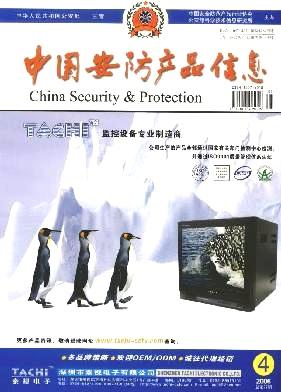Differential Fault Analysis Using Symbolic Execution
引用次数: 2
Abstract
Differential fault analysis (DFA) is a cryptanalytic attack that uses corrupted cipher executions to extract secret/private keys. Traditionally applied in hardware-based systems, it is now being actively used in extracting keys from (whiteboxed) software cipher implementations. Extensive research is published which aims at increasing the efficiency of DFA on symmetric ciphers using fewer number of faulty cipher texts. However, such DFA attacks require manual analysis as a pre-processing step, a fixed guess at the fault model, and can be non-trivial to implement. Algebraic Fault Analysis (AFA) is a class of DFA which overcomes these difficulties by using a combination of algebraic cryptanalysis and DFA to retrieve the secret key. In this paper, we present a methodology which decreases the complexity of performing AFA, by using a symbolic execution engine on a software implementation of the cipher to create constraints which are then fed into a SAT solver. We test our proposed methodology against the AES and DES ciphers using different fault models, and show that under a given fault model, the keys can be extracted with as little as ~2 and ~5 faults respectively.使用符号执行的微分故障分析
差分故障分析(DFA)是一种密码分析攻击,它使用损坏的密码执行来提取秘密/私钥。传统上应用于基于硬件的系统,现在正积极用于从(白盒)软件密码实现中提取密钥。广泛的研究发表,其目的是提高DFA对对称密码的效率,使用更少的错误密码文本。然而,这样的DFA攻击需要人工分析作为预处理步骤,对故障模型进行固定的猜测,并且很难实现。代数故障分析(AFA)是一种将代数密码分析和DFA相结合来检索密钥的DFA方法,克服了这些困难。在本文中,我们提出了一种降低执行AFA复杂性的方法,通过在密码的软件实现上使用符号执行引擎来创建约束,然后将这些约束馈送到SAT求解器中。我们使用不同的故障模型对AES和DES密码进行了测试,结果表明,在给定的故障模型下,密钥提取分别可以减少到~2和~5个错误。
本文章由计算机程序翻译,如有差异,请以英文原文为准。
求助全文
约1分钟内获得全文
求助全文

 求助内容:
求助内容: 应助结果提醒方式:
应助结果提醒方式:


